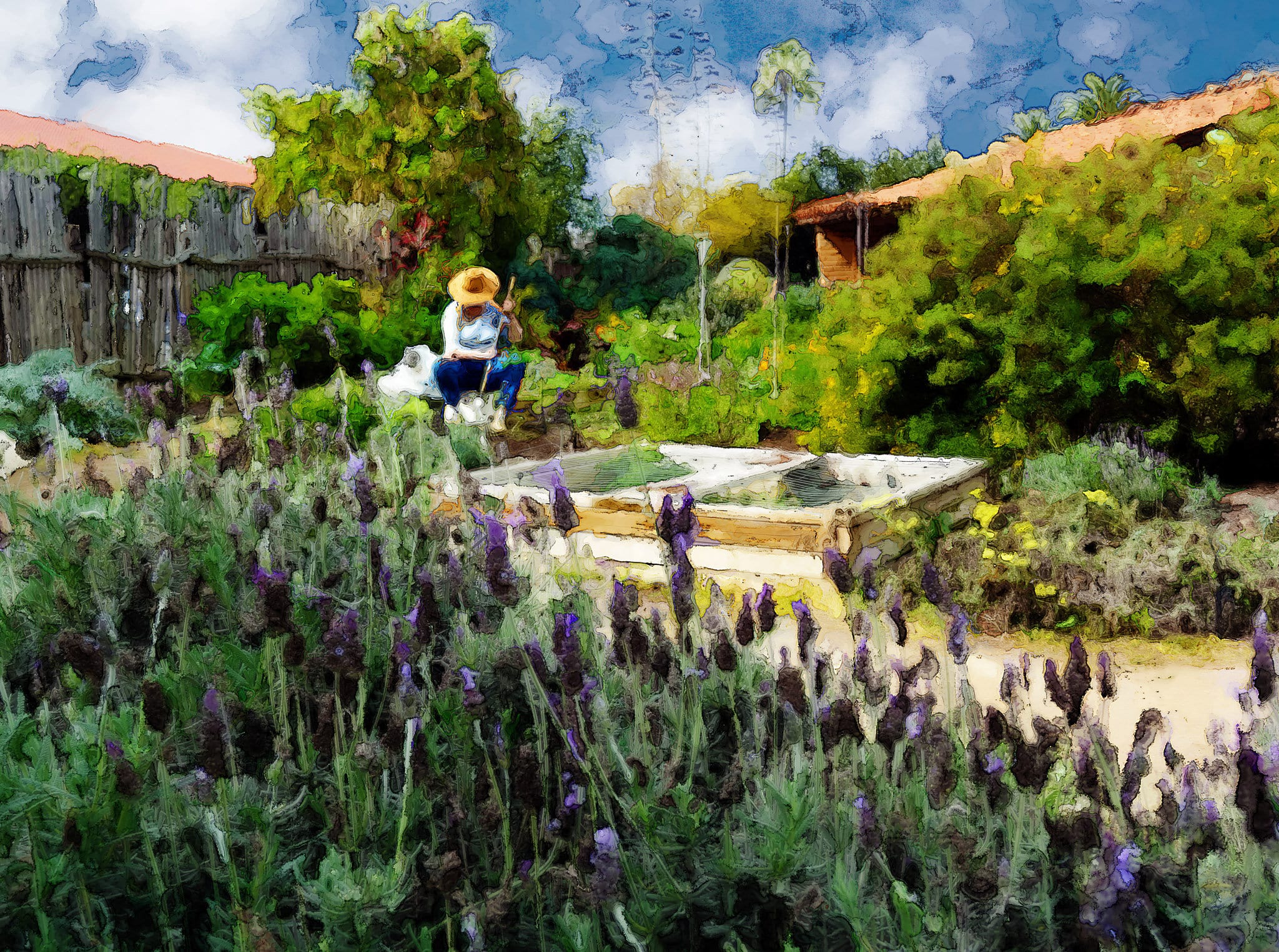
One would be hard pressed to take a walk through the Athens Farmers' Market in mid-summer, and not be struck by the bounty offered by Georgia farmers and producers. The wide variety of fruits and vegetables on display hold the promise of delicious meals to be had and flavors to be enjoyed. However, if not for pollinators, the vast majority of the produce we enjoy every year would not be as readily available. A 2007 study concluded that 87 of the leading global food crops are dependent upon pollinators for successful production. Blueberries, figs, coffee berries (from which we get coffee beans), and many other fruits and vegetables are pollinated by honeybees and other native pollinators.
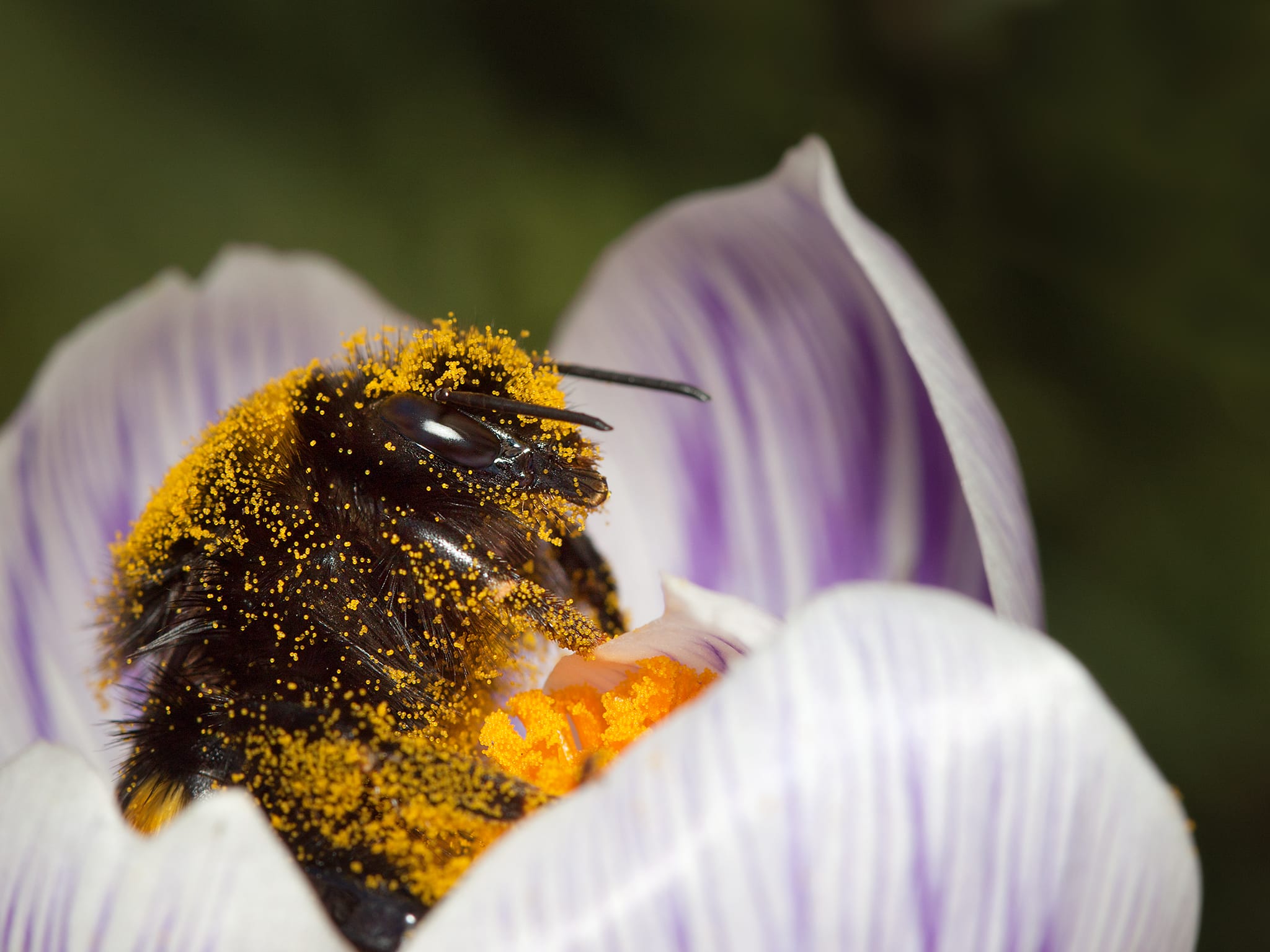
Blueberries, of which Georgia is one of the top 5 producers in the United States, rely heavily on bees for pollination. Blueberries, due to the somewhat unusual shape of their flowers (which hang downward from the branches like little bells) are not successfully pollinated by wind. Bees however, moving from one flower to another, accumulating pollen as they go, are able to successfully pollinate the blueberry flowers. In the southeast, blueberries even have their own species of native pollinator, the Southeastern blueberry bee (Habropoda laboriosa), which is adapted to feed on blueberries and other plants that flower early in the spring.
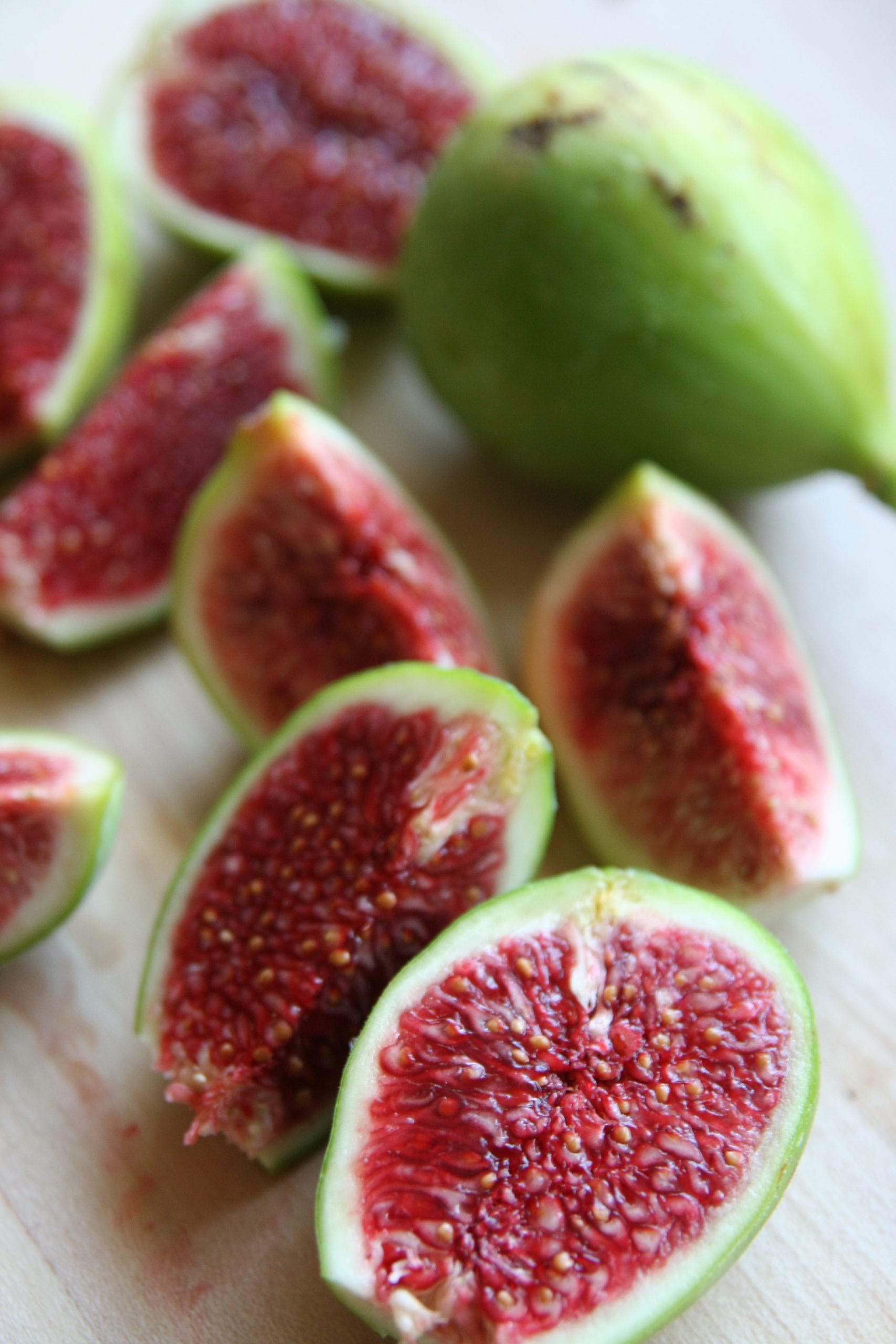
While most pollinators, like bees, tend to visit and pollinate many different plant species, others are of a more exclusive nature. Most species of figs are completely dependent upon their mutualism (two species that benefit from each other in some way) with highly specialized wasp species. The female wasp enters a fig flower to lay her eggs. While doing so, she inadvertently brushes pollen (carried on her body from the fig flower in which she hatched) upon the portions of the flower that will allow the fruit to form, thereby fertilizing the flowers and propagating a new crop of figs. The fig provides the wasp with the perfect place to lay its eggs and a safe home in which its offspring may mature. The wasp meanwhile, pollinates the fig's flowers, allowing the fig fruit to successfully develop.
While some plants, such as figs, have formed very close relationships with a single pollinator species, others thrive in diversity. Coffee, without which many of us might never make it to work on time, highlights the necessity for not just the presence of pollinators, but also the species diversity of those pollinators. Multiple studies demonstrate that the coffee berry yield is significantly higher in locations with high pollinator species diversity. Not all these pollinators are bees either; ants and flies can also act as pollinators of coffee flowers and are integral components of the pollinator species diversity leading to increased coffee yield.
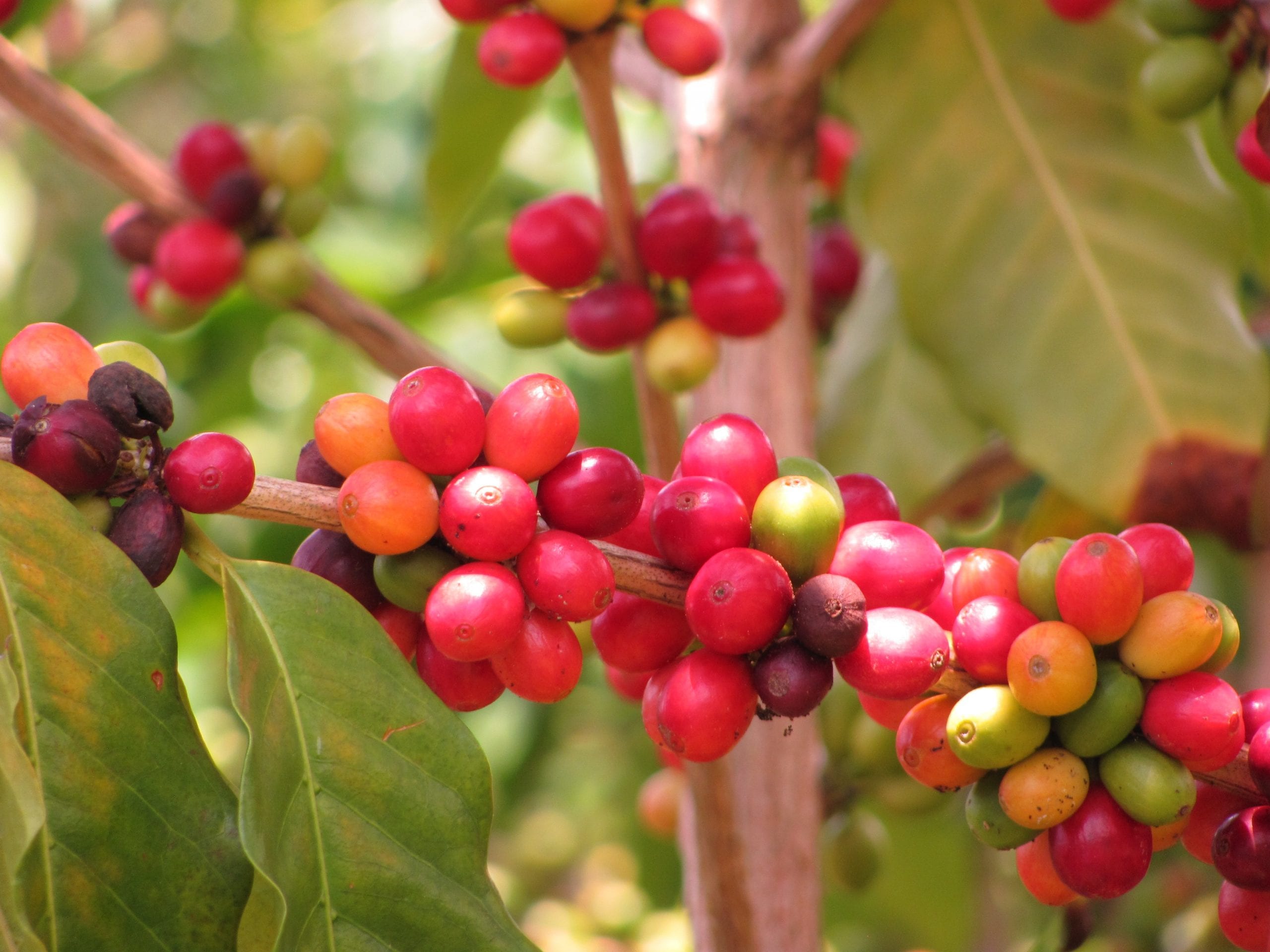
So, the next time you take a Saturday morning trip to the farmers' market , coffee in hand, don't forget about the bees, butterflies, wasps, ants and flies that helped make it all possible. The world of pollinators is rich and diverse and there are many fascinating relationships between plants and their pollinators.
To learn more about the pollinators in your own backyard, come out to the Athens Science Café this coming Thursday, August 30th at 7pm at Little Kings Shuffle Club. Ania A. Majewska, of the Odum School of Ecology at UGA, will be discussing ‘The Power of Pollinators' – see you there!
About the author:
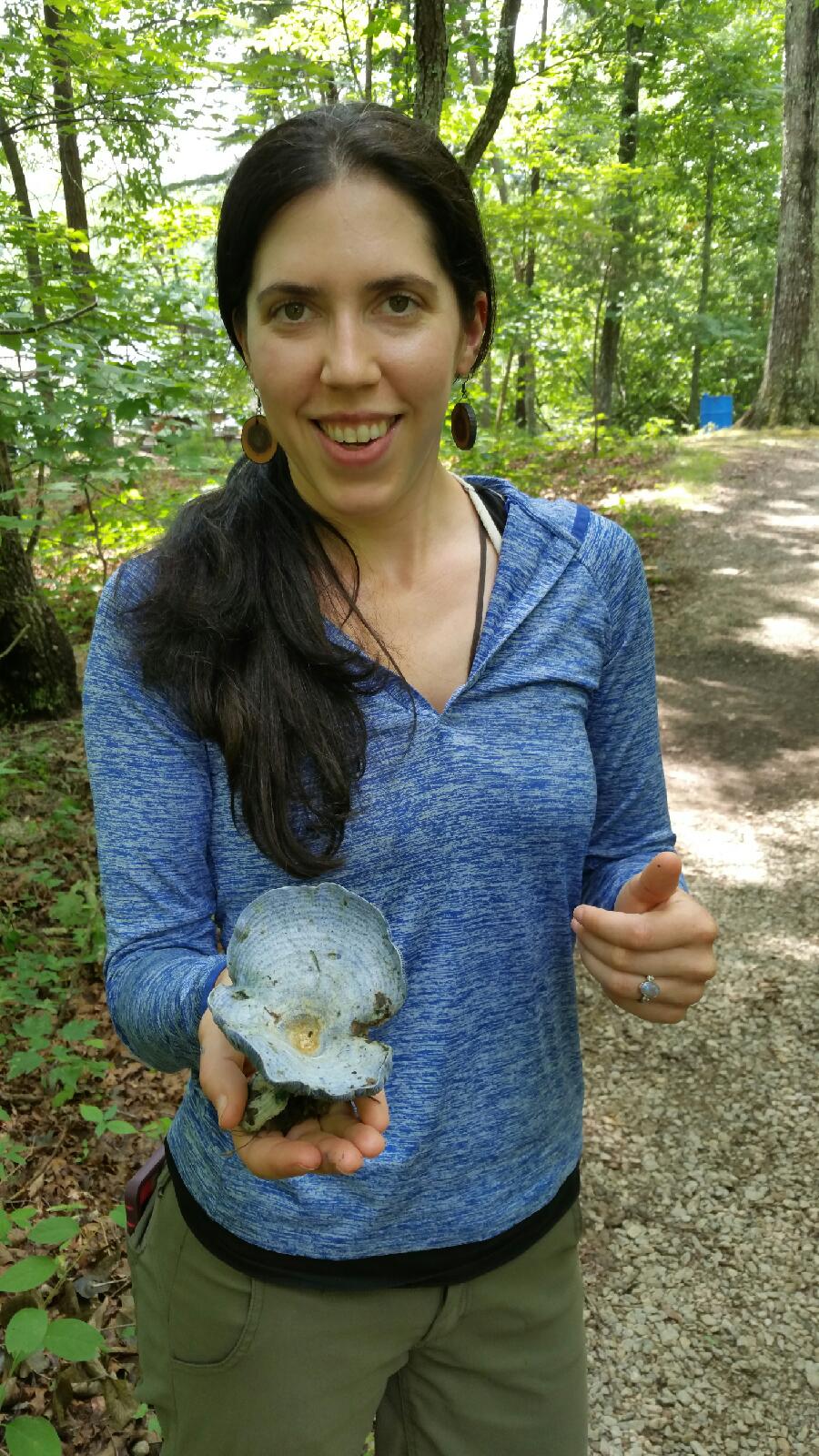 |
Megan Buland is a graduate student in the Warnell School of Forestry & Natural Resources at UGA, where she studies forest health and microbial community ecology. When not visiting field sites or working under the flow hood, Megan is passionate about environmental communication and education, and exploring in nature. She enjoys rock climbing and hiking and loves her dog, Madra. You can reach Megan at megan.buland@uga.edu. More from Megan Buland. |
About the Author
- athenssciencecafehttps://athensscienceobserver.com/author/athenssciencecafe/April 17, 2020
- athenssciencecafehttps://athensscienceobserver.com/author/athenssciencecafe/April 12, 2020
- athenssciencecafehttps://athensscienceobserver.com/author/athenssciencecafe/April 3, 2020
- athenssciencecafehttps://athensscienceobserver.com/author/athenssciencecafe/March 30, 2020







